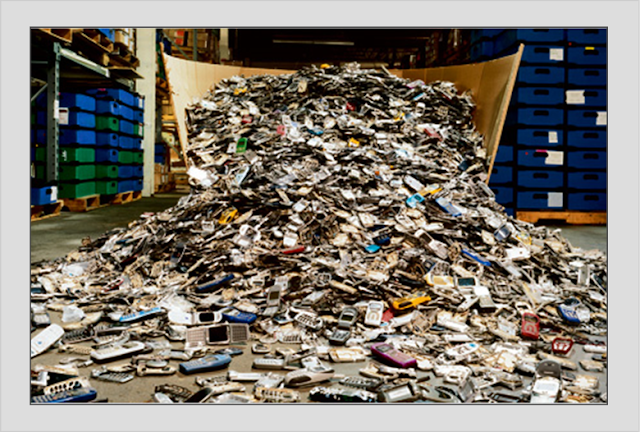
The Shanghai Cooperation Organization: Regional Powerhouse or Military Theatre?
October 22, 2010
China’s Secret Co-orbital Satellites: The Quiet Surge in Space
November 9, 2010Significant reserves of rare earths currently reside in Japan’s ‘urban mines,’ or discarded consumer electronics. It has been estimated that these used electronics could yield up to 300,000 tons of rare earths, holding great potential to offset a considerable fraction of Japan’s imports, approximately 35,000 tons in 2008. Recycling can take advantage of Japan’s high electronics density, especially as components often outlive the actual appliance’s relatively short lifespan (cell phones are used for an average of 2.6 years in Japan). Disused cell phones, LCD television and computers contain valuable rare earths, such as neodymium, which are in high demand, especially for hybrid vehicles. For example, each Toyota Prius requires approximately 2.2 pounds of neodymium.
To harness the potential of urban mines, manufacturers are seeking to reintegrate used products and their components into the production cycle. Japanese electronics giants, including Mitsubishi and Hitachi, are stepping up efforts to improve the viability of rare earth recycling. A more comprehensive recycling system can be incentivized by addressing concerns over private data that have slowed cell phone recycling rates in recent years. Technological advancements can also improve the recycling process, especially for separating rare earths, and increase recovery rates, which currently stand at 150g of rare earth metals per ton of material for a leading Japanese recycler.
While China announced further cuts to its rare earth exports in 2011, recycling initiatives currently underway will likely lag behind the anticipated short term supply crunch. However, there are strong environmental and economic rationales for recycling rare metals in addition to long term strategic benefits. Recycling efforts can facilitate both processing of e-waste, thereby addressing a mounting environmental concern, and recovery of other significant metal reserves, including gold and tantalum, that are also languishing in Japan’s urban mines.




